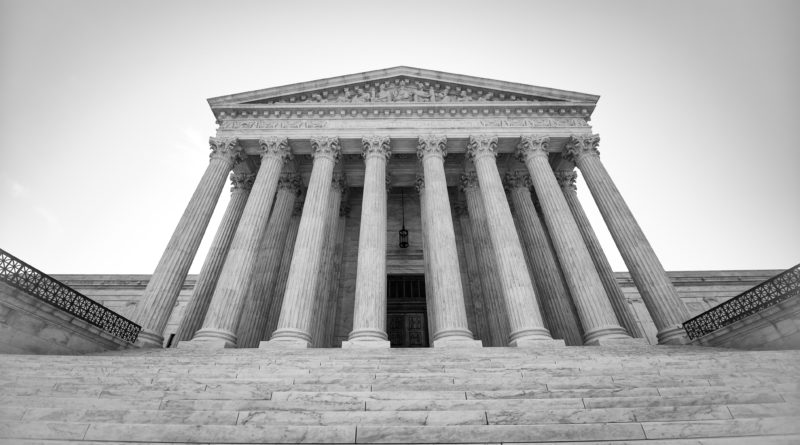The Supreme Court Will Soon Hear Vital Cases On These Three Topics
16,103 total views, 1 views today
During Donald Trump’s presidential term, Trump has appointed two justices to the Supreme Court (and he has filled vacancies on federal appeals courts at record rates). The court, which some say includes a Trump appointee whose seat was illegally stolen, is set to soon hear three cases on topics in which the Trump administration has encountered numerous controversies and criticisms. Here are the topics and the upcoming cases related to them.
Trump census citizenship question
When the Trump administration announced its intent to ask 2020 U.S. census respondents for their citizenship status, the backlash was severe. Many saw the question as a way for the Trump administration to scare Latinx people from filling out the census, thereby skewing Congressional representation and federal funding away from Democratic-leaning regions (and towards Republican-leaning regions). A citizenship question has not been included on the census since 1950.
The entire state of California took action against this potential census question. Last year, the state filed a lawsuit against the Trump administration and claimed that this census question would violate the U.S. Constitution. In a similar pair of lawsuits brought by New York, among other states and localities, and numerous immigrant rights groups, lower courts have already ruled against the question’s inclusion. The Supreme Court will issue its decision in June.
Discrimination based on sexual orientation
In 1964, the revolutionary Civil Rights Act was passed. Title VII of this act bans discrimination in employment based on race, color, sex, religion, and national origin. The Trump administration has argued, to continued opposition, that Title VII does not include such protections for sexual orientation. Soon, the Supreme Court will decide.
In the cases Altitude Express Inc. v. Zarda and Bostock v. Clayton County, Georgia, respectively, a skydiving instructor and a child welfare services coordinator claimed they were fired from their jobs for being gay. The Supreme Court has added these cases to its workload for its term starting in October, so its decisions will arrive as the 2020 presidential race intensifies, potentially making discrimination based on sexual orientation a major campaign talking point.
The Equal Employment Opportunity Commission (EEOC), which is a federal agency, has claimed that Title VII does indeed include sexual orientation. Its belief comes from the notion that discrimination based on sexual orientation is based on widely held views about sex, so discrimination against sexual orientation is discrimination based on sex, thereby inherently violating Title VII. Its stance is far from inconsequential — few states explicitly ban discrimination based on sexual orientation.
Discrimination based on gender identity
Similarly to sexual orientation, the Supreme Court will hear a case regarding employment discrimination based on gender identity. In the case R.G. & G.R. Harris Funeral Homes v. Equal Employment Opportunity Commission, a funeral home worker claimed she was fired for coming out as transgender.
Although much reporting tends to group discrimination based on sexual orientation and gender identity as overlapping, it’s possible the Supreme Court could rule that Title VII applies to sexual orientation but not to gender identity, since it is hearing different cases on these different matters. As with sexual orientation, gender identity is not an explicitly protected category in discrimination matters in most states. Most, if not all, civil rights advocates argue that Title VII and other existing laws can and should protect both categories nationwide.

